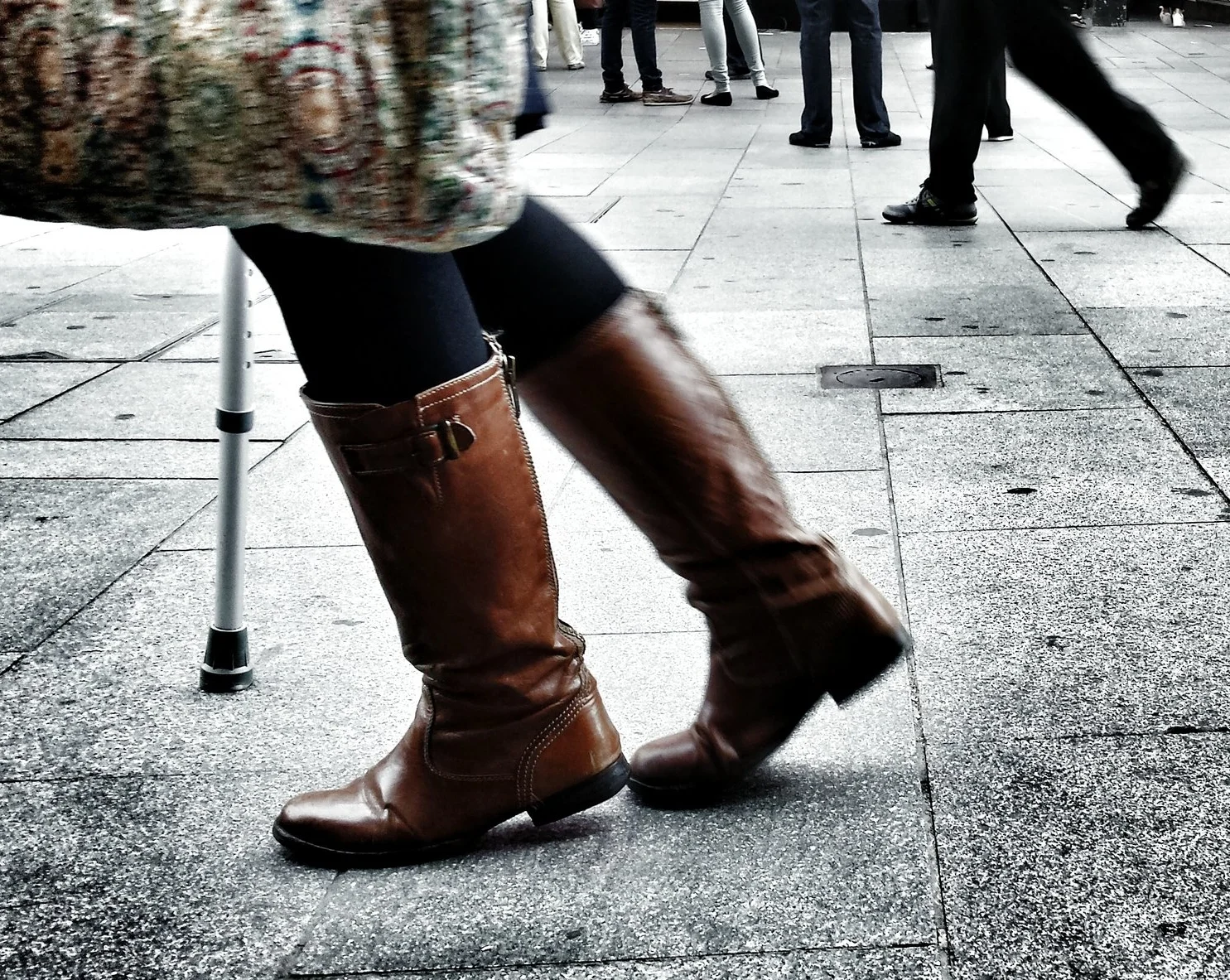Inclusive, accessible, data-driven, impactful, human-centered. Here is a roundup of five experts discussing emerging currencies in empathy-based design for the greater good.
When we design for disability we all benefit
Elise Roy | EDxMidAtlantic
"I believe that losing my hearing was one of the greatest gifts I've ever received," says Elise Roy. As a disability rights lawyer and design thinker, she knows that being Deaf gives her a unique way of experiencing and reframing the world -- a perspective that could solve some of our largest problems. As she says: "When we design for disability first, you often stumble upon solutions that are better than those when we design for the norm."
Science in service to the public good
Siddhartha Roy | TEDxVirginiaTech
We give scientists and engineers great technical training, but we're not as good at teaching ethical decision-making or building character. Take, for example, the environmental crisis that recently unfolded in Flint, Michigan -- and the professionals there who did nothing to fix it. Siddhartha Roy helped prove that Flint's water was contaminated, and he tells a story of science in service to the public good, calling on the next generation of scientists and engineers to dedicate their work to protecting people and the planet.
The human stories behind mass incarceration
Eve Abrams | TED Talk
The United States locks up more people than any other country in the world, says documentarian Eve Abrams, and somewhere between one and four percent of those in prison are likely innocent. That's 87,000 brothers, sisters, mothers and fathers -- predominantly African American -- unnecessarily separated from their families, their lives and dreams put on hold. Using audio from her interviews with incarcerated people and their families, Abrams shares touching stories of those impacted by mass incarceration and calls on us all to take a stand and ensure that the justice system works for everyone.
To solve the world's biggest problems, invest in women and girls
Musimbi Kanyoro | TED talk
As CEO of the Global Fund for Women, Musimbi Kanyoro works to support women and their ideas so they can expand and grow. She introduces us to the Maragoli concept of "isirika" -- a pragmatic way of life that embraces the mutual responsibility to care for one another -- something she sees women practicing all over the world. And she calls for those who have more to give more to people working to improve their communities. "Imagine what it would look like if you embraced isirika and made it your default," Kanyoro says. "What could we achieve for each other? For humanity?" Let's find out -- together.
What can we learn from shortcuts?
Tom Hulme | TED Talk
How do you build a product people really want? Allow consumers to be a part of the process. "Empathy for what your customers want is probably the biggest leading indicator of business success," says designer Tom Hulme. In this short talk, Hulme lays out three insightful examples of the intersection of design and user experience, where people have developed their own desire paths out of necessity. Once you know how to spot them, you'll start noticing them everywhere.
INTERESTED IN COMMUNICATING THE VALUE OF INCLUSION?
HERE ARE 5 CURRENTS SHAPING THE SEA CHANGE IN PUBLIC POLICY.

